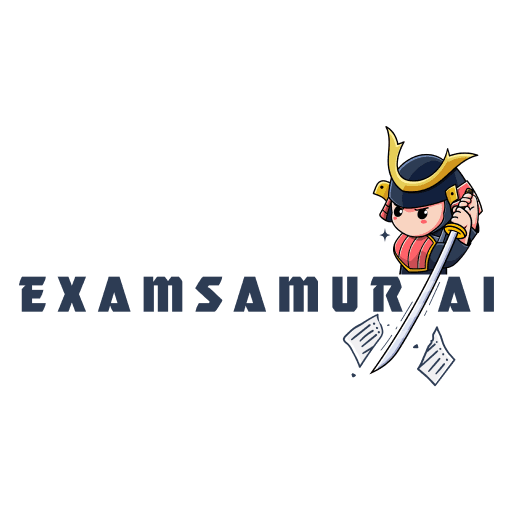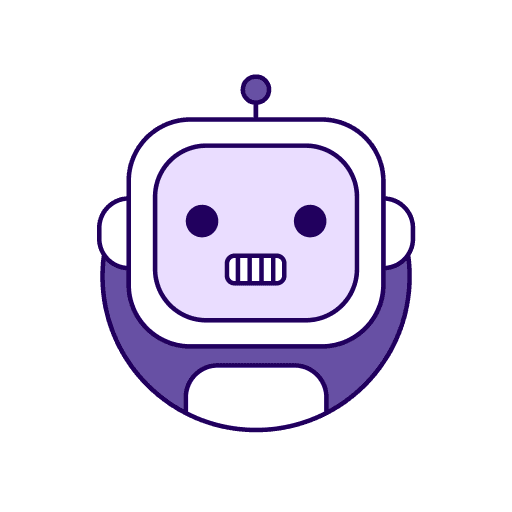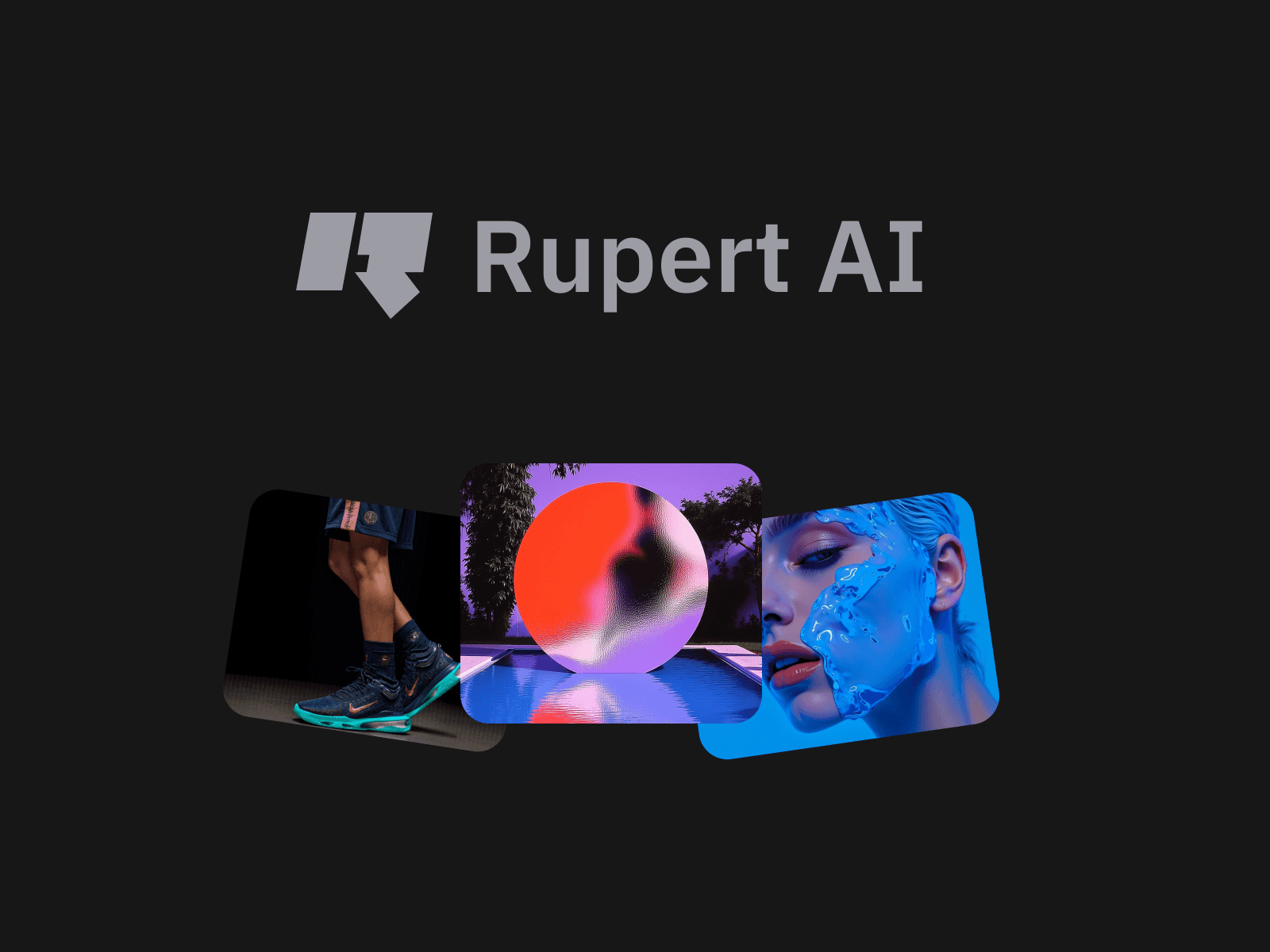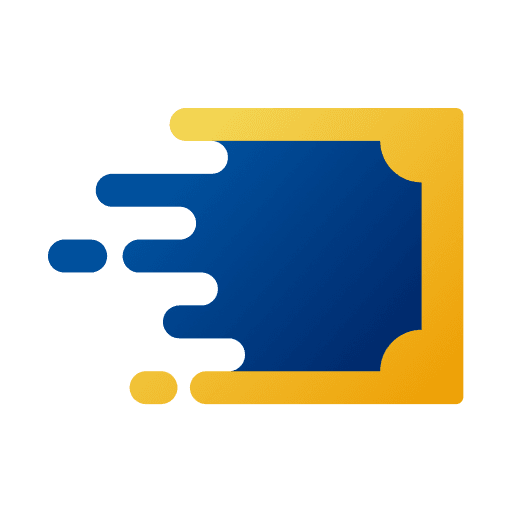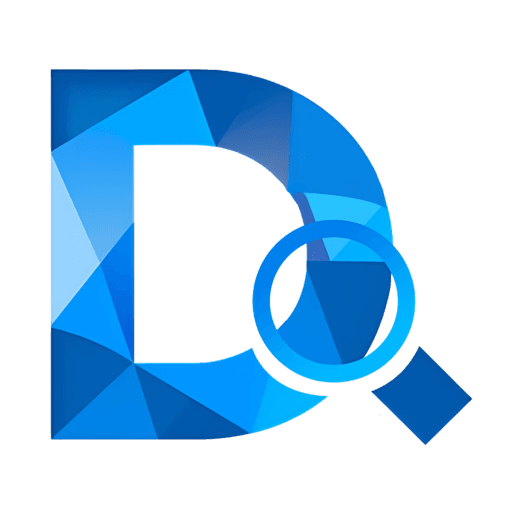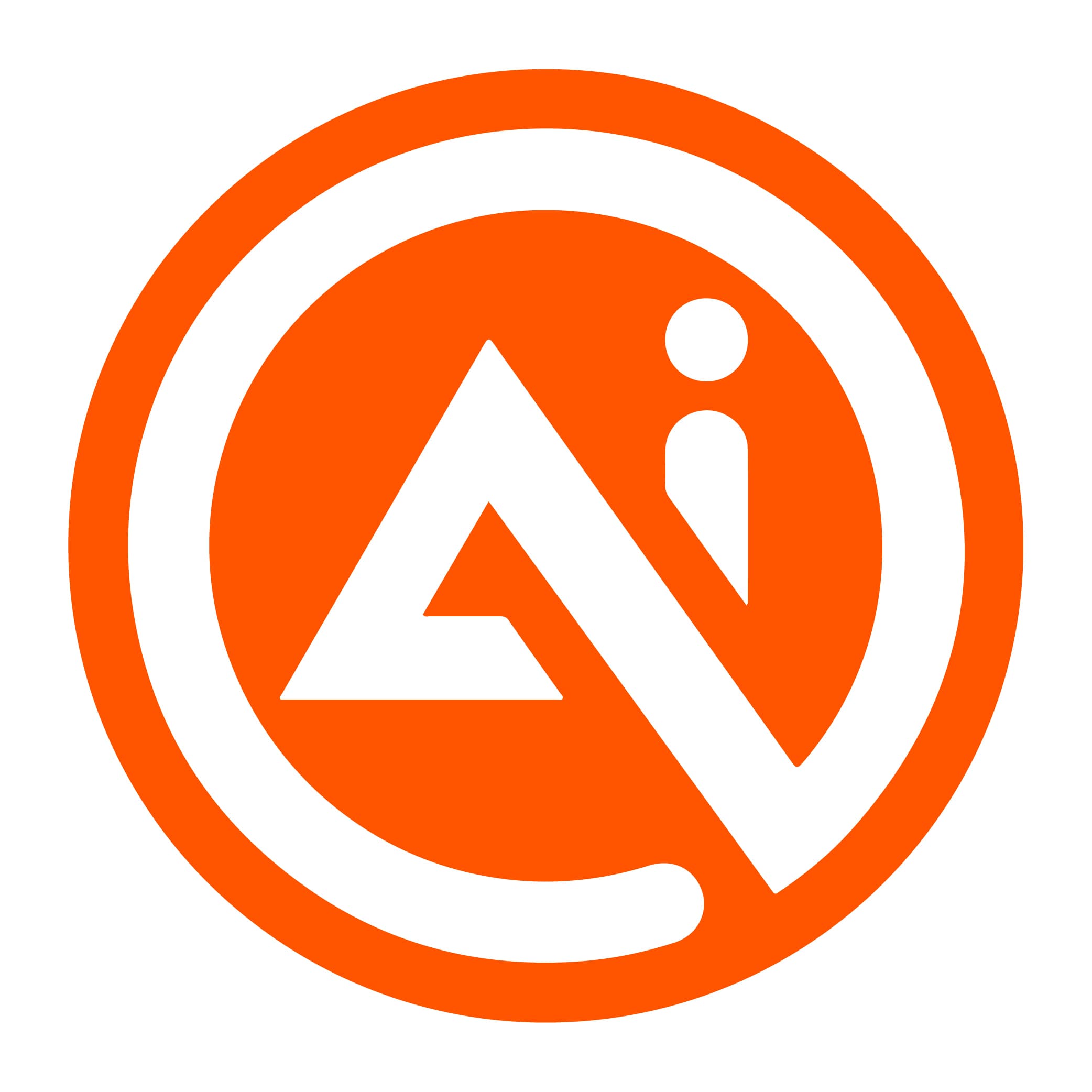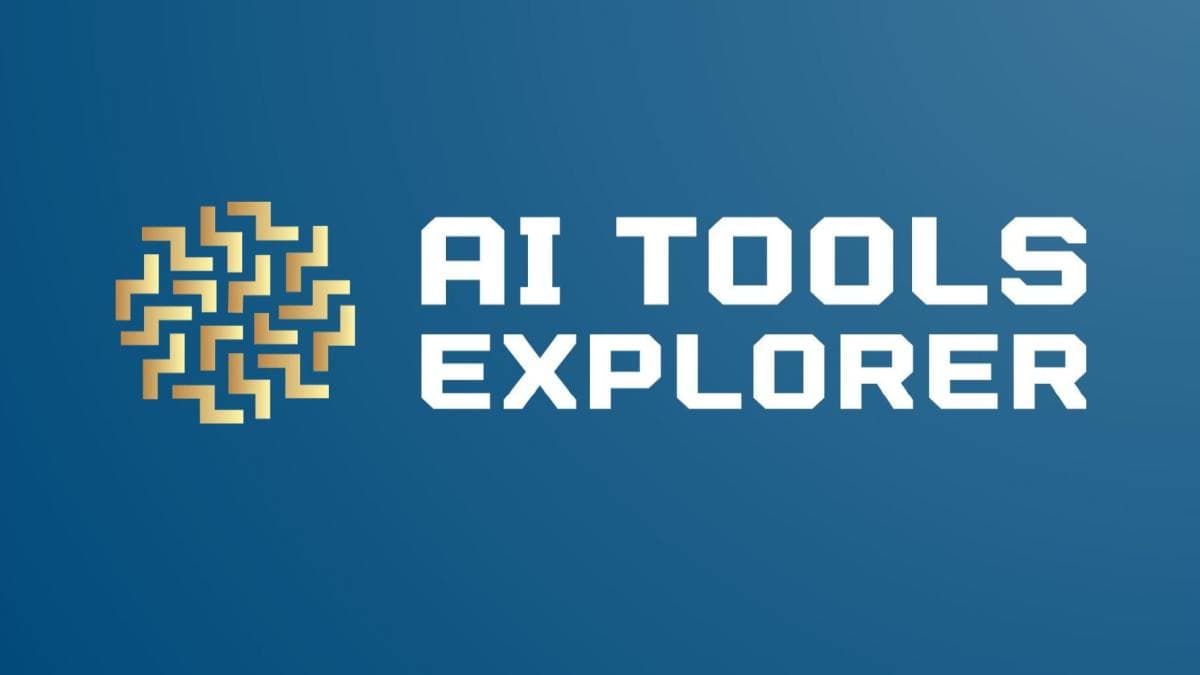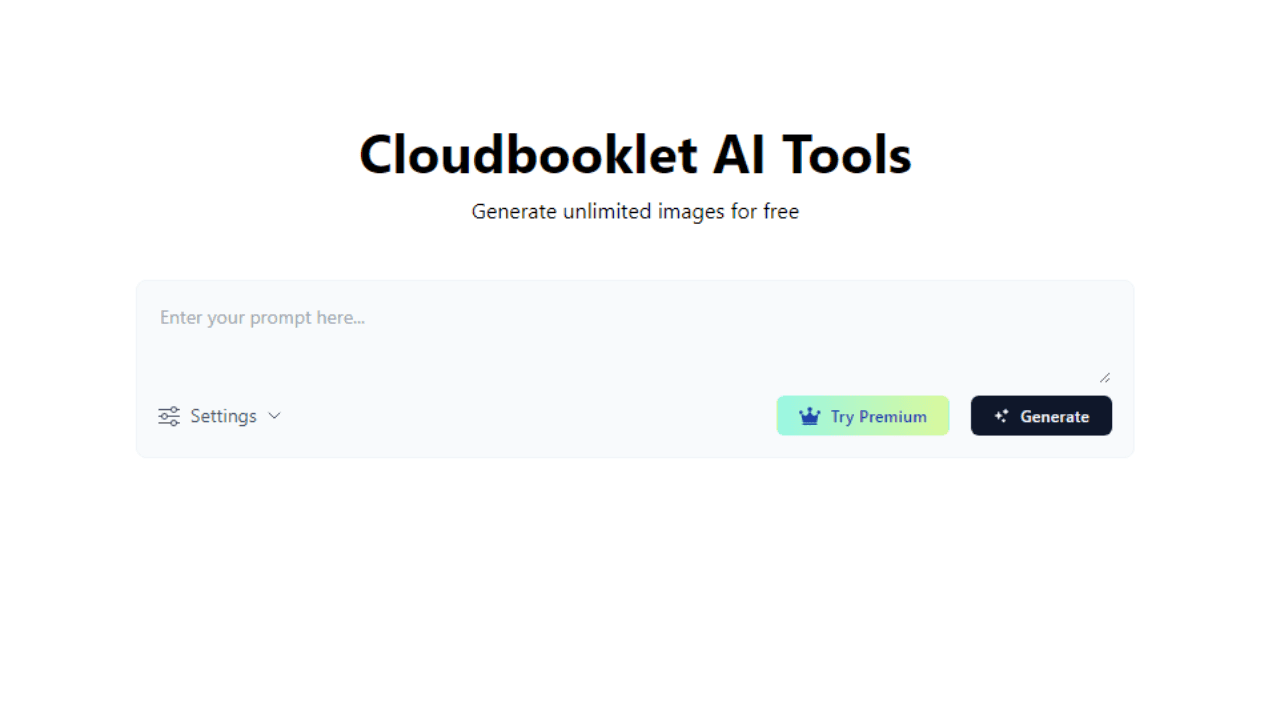Exam Samurai vs. Lightning AI
Exam Samurai
ExamSamur.ai offers a new approach to exam preparation, utilizing AI to streamline and improve the study process. Its instant exam generation feature allows students to quickly convert notes, PowerPoints, and various file types into practice exams tailored to their course material, saving valuable time. The platform supports a wide range of question styles, from multiple choice to essay questions, giving users flexibility in how they test their knowledge. Beyond just generating exams, ExamSamur.ai provides real-time grading with detailed explanations, allowing students to immediately learn from their mistakes and reinforce their understanding. The intelligent tracking dashboard offers insights into performance, helping users identify strengths and areas for improvement over time. Additionally, with support for dozens of file types and the ability to integrate seamlessly with different learning materials, ExamSamur.ai ensures that no matter how students study, they can transform...
Lightning AI
Lightning AI is the company behind PyTorch Lightning, the deep learning framework for training, finetuning and serving AI models (80+ million downloads). PyTorch Lightning started in 2015 by Lightning founder William Falcon while working on computational neuroscience research at Columbia University scaling Generative Adversarial Networks and Autoencoders in the context of neural decoding working under Liam Paninski. He open sourced it in 2019 while pursuing a PhD in self-supervised learning (SSL) at NYU and Facebook AI Research (FAIR) supervised by Kyunghyun Cho and Yann Lecun. SSL techniques are at the heart of models like Chat GPT (next word prediction). In 2019 PyTorch Lightning started to be used to train huge models on 1024+ GPUs inside Facebook AI. Today, it’s used by over 10,000 companies and 1+ million developers to train, finetune and deploy the world’s largest models. Lightning AI started in 2020 as a platform to train models on the cloud across 1000s of GPUs. Today,...
Reviews
Reviews
| Item | Votes | Upvote |
|---|---|---|
| Instant Exam Generation | 1 | |
| Tracking Dashboard | 1 | |
| Real-Time Grading & Explanations | 1 | |
| Dozens of File Types Supported | 1 | |
| Multiple Question Styles | 1 |
| Item | Votes | Upvote |
|---|---|---|
| No cons yet, would you like to add one? | ||
| Item | Votes | Upvote |
|---|---|---|
| You can build e2e AI solutions | 1 | |
| Scale your models to dozens of GPUs in a few clicks | 1 | |
| You can collaborate with your team on the cloud | 1 |
| Item | Votes | Upvote |
|---|---|---|
| No cons yet, would you like to add one? | ||
Frequently Asked Questions
Exam Samurai is specifically designed for exam preparation, offering features like instant exam generation, real-time grading, and a tracking dashboard. It is tailored to help students convert their study materials into practice exams and improve their knowledge retention. On the other hand, Lightning AI is a platform focused on deep learning and AI model training, not exam preparation. Therefore, Exam Samurai is more suitable for students looking to enhance their exam preparation process.
Lightning AI is specialized in AI model training, providing an end-to-end platform for training, finetuning, and deploying AI models. It supports scaling models across multiple GPUs and facilitates team collaboration on the cloud. Exam Samurai, however, is focused on exam preparation and does not offer AI model training capabilities. Thus, Lightning AI is the better choice for AI model training purposes.
Exam Samurai is a platform that utilizes AI to streamline and improve the exam preparation process. It allows students to convert notes, PowerPoints, and various other file types into practice exams tailored to their course material. The platform supports multiple question styles and provides real-time grading with detailed explanations, helping students learn from their mistakes immediately.
The main features of Exam Samurai include instant exam generation, a tracking dashboard, real-time grading with explanations, support for dozens of file types, and various question styles. These features provide flexibility and efficiency in exam preparation, helping students to better understand and retain their course material.
The pros of Exam Samurai include instant exam generation, a tracking dashboard, real-time grading with explanations, support for dozens of file types, and multiple question styles. Currently, there are no user-generated cons listed for Exam Samurai.
Exam Samurai helps in exam preparation by allowing students to quickly convert their study materials into practice exams. The platform provides real-time grading with detailed explanations, enabling students to learn from their mistakes immediately. The tracking dashboard offers insights into performance, helping users identify strengths and areas for improvement.
Exam Samurai supports dozens of file types, including notes, PowerPoints, and various other document formats. This flexibility allows students to easily transform their study materials into practice exams, no matter how they prefer to study.
Lightning AI is the company behind PyTorch Lightning, a deep learning framework for training, finetuning, and serving AI models. The platform offers a comprehensive end-to-end solution for AI development, from distributed data processing and model training to deployment and serving AI applications.
Pros of Lightning AI include the ability to build end-to-end AI solutions, scale models to dozens of GPUs with just a few clicks, and collaborate with your team on the cloud. Currently, no cons have been listed.
PyTorch Lightning was founded by William Falcon in 2015 during his computational neuroscience research at Columbia University. He open-sourced the project in 2019 while pursuing a PhD at NYU and Facebook AI Research (FAIR).
PyTorch Lightning is used for training, finetuning, and deploying AI models. It is utilized by over 10,000 companies and more than 1 million developers to handle large-scale models on extensive GPU clusters.
The core ethos of Lightning Studios is 'You do the science, we do the engineering.' This philosophy aims to provide an intuitive, easy-to-use, and fast platform for AI research and deployment, enabling users to focus on scientific innovation while Lightning Studios handles the engineering complexities.
